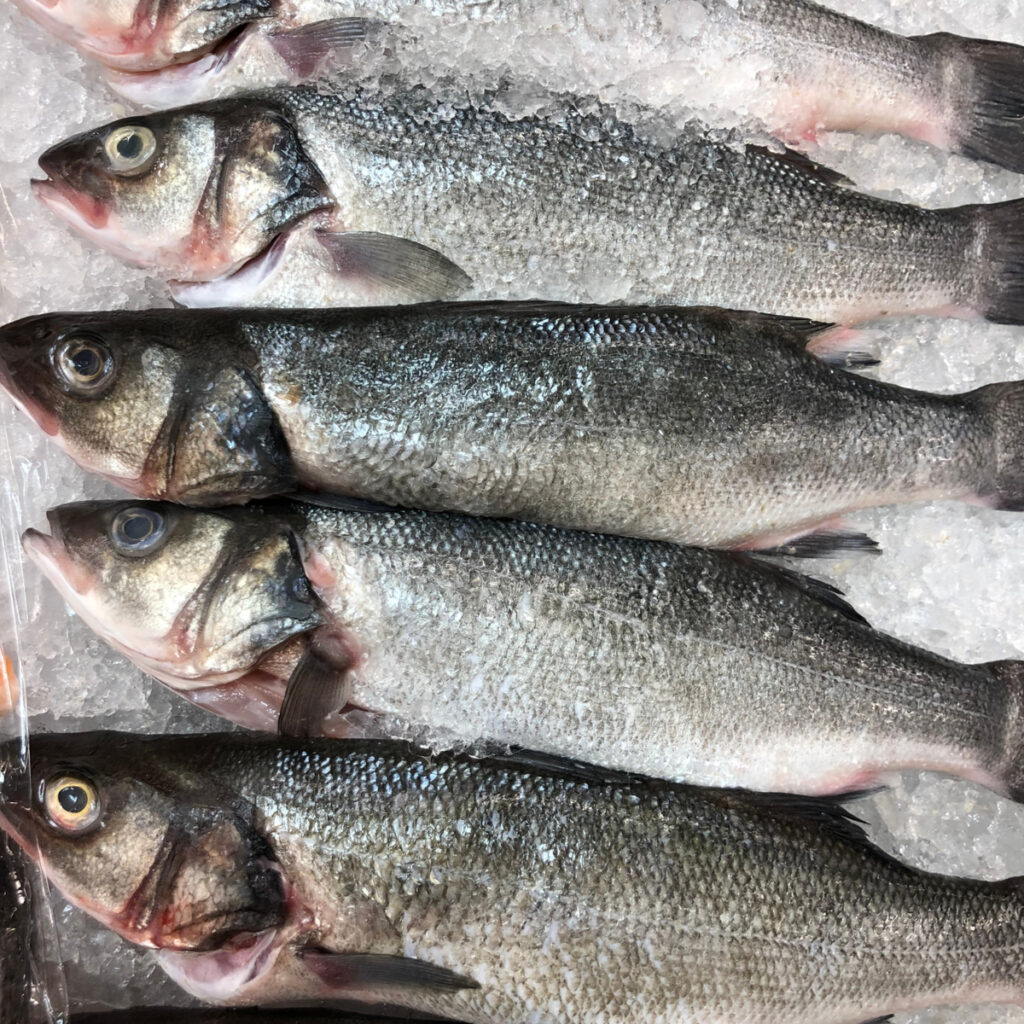2024 Rhode Island Fishing License
To obtain a fishing license and trout stamp in Rhode Island, anglers can visit the Rhode Island Department of Environmental Management (DEM) website or authorized vendors across the state. On the DEM website, applicants can fill out the necessary information, select the type of license they need (resident, non-resident, etc.), and pay the required fees securely online. Alternatively, they can visit an authorized vendor, such as a bait and tackle shop or a sporting goods store, where they can complete a physical application form, provide identification, and pay the fees in person. Once the application is processed and approved, anglers will receive their fishing license and trout stamp, allowing them to enjoy fishing in Rhode Island’s beautiful waters. Be sure to check the 2024 Rhode Island Freshwater Fishing Regulations Guide for the most up-to-date fishing regulations, size and creel limits.
|
2024 |
Annual* Online |
Annual* vendor |
Trout Conservation Stamp** Online |
Trout Conservation Stamp** Vendor |
|
Resident |
$21.00 |
$23.00 |
$5.50 |
$6.00 |
|
Non-Resident |
$38.00 |
$41.00 |
$5.50 |
$6.00 |
*License valid through the last day of February each year.
**For any person wishing to keep or possess trout, salmon, or charr caught in RI waters.

Navigating the Rhode Island’s Fishing License
Embarking on a fishing excursion in the serene waters of Rhode Island is a time-honored tradition, but before casting your line, it’s essential to navigate the state’s fishing license regulations. Whether you’re a seasoned angler or a novice enthusiast, understanding the ins and outs of Rhode Island’s fishing license requirements ensures a seamless and legal fishing experience.
Who Needs a License?
First and foremost, let’s clarify who needs a fishing license. If you’re 15 years of age or older and eager to reel in the day’s catch from freshwater streams or ponds within the state, a fishing license is a must. However, there are exemptions. Minors under 15, individuals with blindness, and landowners fishing from their domiciled property are exempt from this requirement.
Obtaining Your License
Thankfully, acquiring a Rhode Island fishing license is a straightforward process. You can conveniently obtain one online via RIO.RI.GOV or through authorized agents such as bait and tackle shops, retail department stores, and select city and town clerk offices. The license is valid until the last day of February annually, ensuring ample time for fishing adventures throughout the year.
License Types and Fees
Rhode Island offers various license types to cater to different angler needs. For residents and current members of the armed forces, the fee is $21.00 online or $23.00 through a vendor. Those seeking a combination of hunting and fishing privileges can opt for a combination license priced at $38.00 online or $40.00 through a vendor. Non-residents can obtain a fishing license for $38.00 online or $41.00 through a vendor. Additionally, special exemptions and discounts are available for veterans, individuals over 65 years of age, and those with disabilities.
Trout Conservation Stamp
If your fishing endeavors include trout, salmon, or charr, don’t forget to procure a Trout Conservation Stamp. This stamp is essential for keeping or possessing these species caught in Rhode Island waters or for fishing in designated areas. Similar to the fishing license, the stamp can be obtained online or through authorized agents and is valid until the last day of February annually.

Special Considerations and Exceptions
Rhode Island’s fishing regulations come with a set of special considerations and exceptions. For instance, the state offers free fishing days on May 4th and 5th, 2024, where no fishing license or Trout Conservation Stamp is required for residents or non-residents. Moreover, specific exemptions exist for minors, senior citizens, individuals with disabilities, and landowners fishing from their property.
Ethical Angling Practices
Beyond legal requirements, ethical angling practices are paramount for preserving Rhode Island’s aquatic ecosystems. The Ethical Angler abides by principles such as responsible catch and release, proper waste disposal, and respect for other anglers and property owners. By embracing these principles, anglers contribute to the conservation and sustainability of Rhode Island’s rich fishing heritage.
Accessible Fishing Locations
Rhode Island ensures that fishing is accessible to all by providing wheelchair-accessible fishing areas across the state. From Carbuncle Pond in Coventry to Silver Spring Lake in North Kingstown, these designated spots offer inclusive fishing experiences for individuals with mobility challenges.
Conclusion
Navigating Rhode Island’s fishing license requirements sets the stage for memorable angling adventures while ensuring compliance with state regulations. By obtaining the necessary licenses, adhering to ethical angling practices, and exploring the state’s accessible fishing locations, anglers can immerse themselves in the tranquility of Rhode Island’s waters while fostering a culture of conservation and respect.




